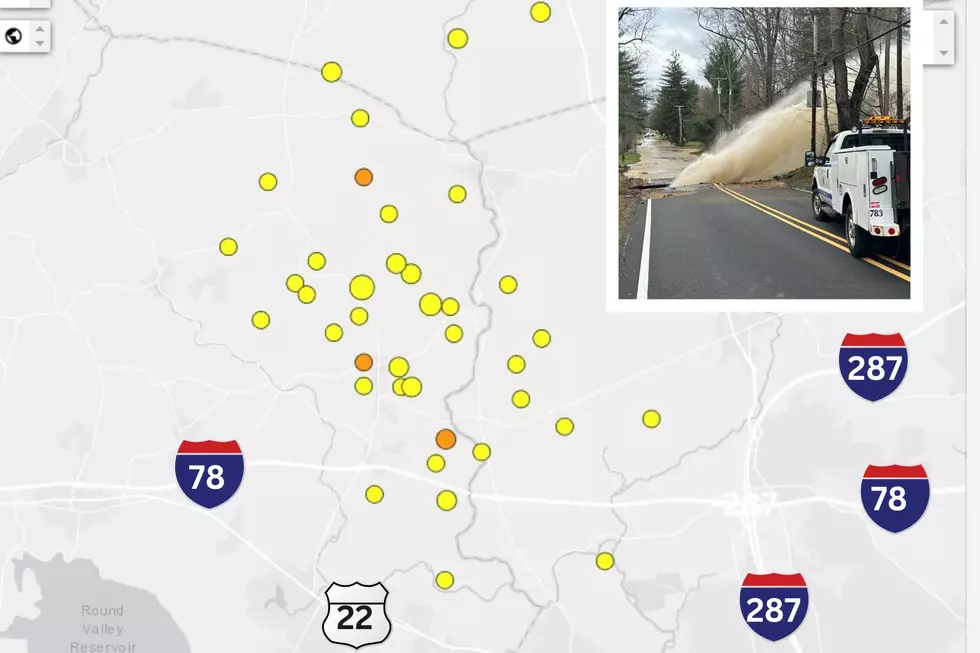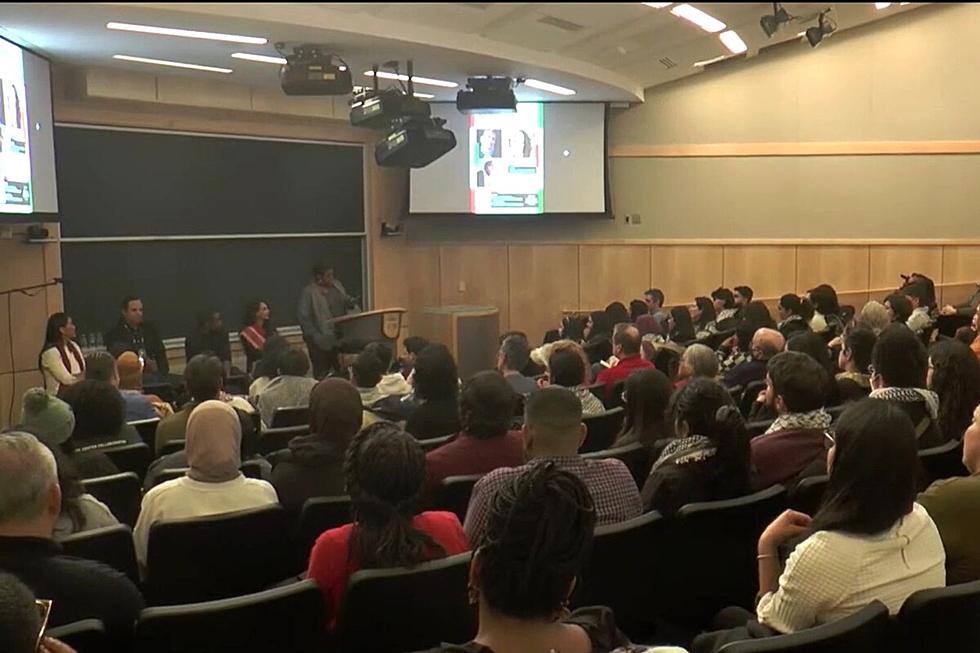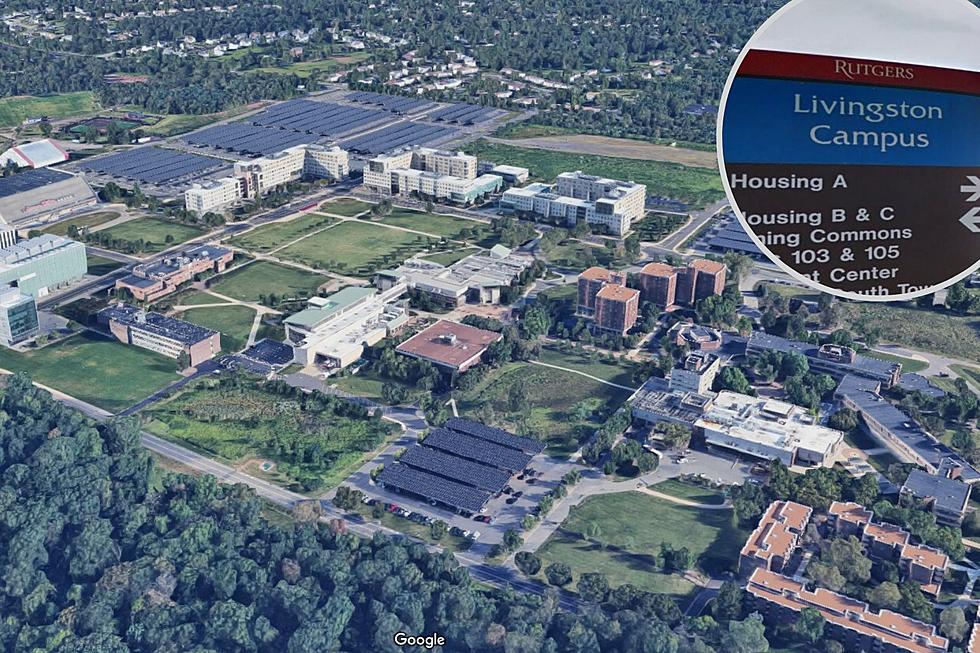
Employers want to hire. Unemployment is down. Why isn’t that great news?
For years after the so-called Great Recession, a lot of people were struggling to find work.
While New Jersey continues to lag behind the rest of the nation, the state Department of Labor reports 279,000 private sector jobs have been created since February of 2010, the recessionary low point for private sector employment in the Garden State.
The unemployment rate in New Jersey is now down to 5.3 percent, and many residents are now working two and sometimes even three jobs — but that isn’t necessarily good news.
According to James Hughes, the dean of the Edward J. Bloustein School of Planning and Public Policy at Rutgers University, individuals working multiple jobs usually don’t have the necessary skills to get better-paying jobs.
“We have a hollowing out of the white-collar job base. ... Because of information technology, we do not have an abundance of those middle-skilled white-collar jobs really that drove the economy in the '80s and the '90s,” he said. “I don’t think I’ve heard the term 'file clerk' in a decade.”
With jobs that paid well in the past disappearing, people without technical skills are left behind, he said.
He said what we’re really seeing is an indication of a structural change in the economy.
“We have people with high levels of skills that are in great demand. At the same time we have people with moderate skills that are not in demand, and so we have really two stories in the economy,” he said. “In fact, employers are having a very difficult time finding qualified employees for many positions that require higher tech skills."
The development of artificial intelligence and robotics will cause even faster changes, Hughes said.
"So people have to create new job skills. They need continuing education,” Hughes said. “That will enable people to participate in the 21st century economy in a more meaningful way.”
More from New Jersey 101.5:
More From New Jersey 101.5 FM









